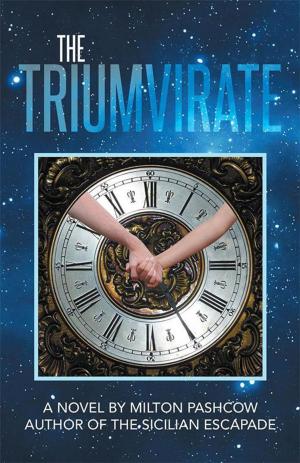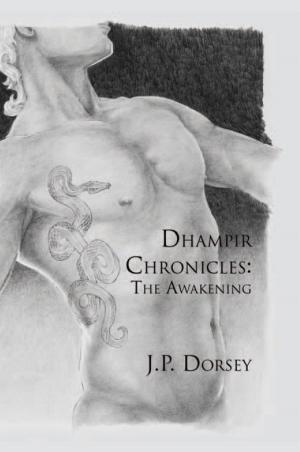The Analysis of Virtue in Alasdair Macintyre and His View of “The Enlightenment Project”
Nonfiction, Religion & Spirituality, Inspiration & Meditation, Spirituality| Author: | Benjamin Okon MSP | ISBN: | 9781514484395 |
| Publisher: | Xlibris US | Publication: | April 15, 2016 |
| Imprint: | Xlibris US | Language: | English |
| Author: | Benjamin Okon MSP |
| ISBN: | 9781514484395 |
| Publisher: | Xlibris US |
| Publication: | April 15, 2016 |
| Imprint: | Xlibris US |
| Language: | English |
MacIntyre is greatly discontented with the nature of contemporary morality, which according to him has a form, i.e. what appears like morality, but lacks essential content. He argues that the most common feature of contemporary ethical discourse is that much of it is used to express individual preferences, which leads to disagreements among philosophers, and eventually results in debates that are interminable in character. MacIntyre attributes the cause of this situation to the activities of the enlightenment philosophers of the 17th and 18th centuries who, in an attempt to find rational justification for morality repudiated those essential elements that define the essence of morality and give it its contents. Such elements include historical narrative, tradition, teleology, and divine law. In MacIntyres opinion, morality so constructed was destined for failure, since it was not founded on the true nature of the human person. The obvious consequences of this failure were the birth of diverse post-enlightenment ethical theories and a substantial change in the conception of virtue. In order to remedy this deplorable condition of contemporary ethics MacIntyre, along with other virtue ethicists, advocates a certain renaissance of ethical principles that are founded on the true nature of the human person, characterized by historical narrative, tradition, and teleology, all grounded on divine legislation. Morality thus reconstructed finds its fullest expression in the theory of human character traits, i.e. virtues. This is what has motivated MacIntyres construction of virtue theory, which has brought him into confrontation with the enlightenment philosophers. Our study and analysis of MacIntyres theory of virtue reveals that his account of virtue is inadequate. This inadequacy is what has motivated our own project of reconstructing MacIntyres theory of virtue in view of offering an account of virtue that is adequate. In this way our own project complements that of MacIntyre.
MacIntyre is greatly discontented with the nature of contemporary morality, which according to him has a form, i.e. what appears like morality, but lacks essential content. He argues that the most common feature of contemporary ethical discourse is that much of it is used to express individual preferences, which leads to disagreements among philosophers, and eventually results in debates that are interminable in character. MacIntyre attributes the cause of this situation to the activities of the enlightenment philosophers of the 17th and 18th centuries who, in an attempt to find rational justification for morality repudiated those essential elements that define the essence of morality and give it its contents. Such elements include historical narrative, tradition, teleology, and divine law. In MacIntyres opinion, morality so constructed was destined for failure, since it was not founded on the true nature of the human person. The obvious consequences of this failure were the birth of diverse post-enlightenment ethical theories and a substantial change in the conception of virtue. In order to remedy this deplorable condition of contemporary ethics MacIntyre, along with other virtue ethicists, advocates a certain renaissance of ethical principles that are founded on the true nature of the human person, characterized by historical narrative, tradition, and teleology, all grounded on divine legislation. Morality thus reconstructed finds its fullest expression in the theory of human character traits, i.e. virtues. This is what has motivated MacIntyres construction of virtue theory, which has brought him into confrontation with the enlightenment philosophers. Our study and analysis of MacIntyres theory of virtue reveals that his account of virtue is inadequate. This inadequacy is what has motivated our own project of reconstructing MacIntyres theory of virtue in view of offering an account of virtue that is adequate. In this way our own project complements that of MacIntyre.















